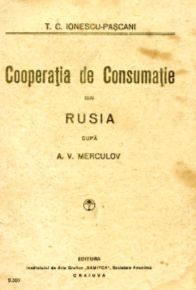
Cooperaţia de Consumaţie din RUSIA DUPĂ A. V. MERCULOV
Published by: EDITURA Institutului d« Arte Grafice „SAMITCA", Societate Anonimă CRAIOVA 1918
More...We kindly inform you that, as long as the subject affiliation of our 300.000+ articles is in progress, you might get unsufficient or no results on your third level or second level search. In this case, please broaden your search criteria.

Published by: EDITURA Institutului d« Arte Grafice „SAMITCA", Societate Anonimă CRAIOVA 1918
More...
The article makes a brief historical review of the development of Roma publicationsin the countries in Eastern Europe by emphasizing the processes in each country andthe interrelations between their policies regarding the Roma culture and the Roma literary production. The aim of the article is to show that the development of Roma literature is related to the political, social and cultural context in the country or region of its creation. The comparative historical approach is the most appropriate for the purpose since the tendencies in the development of the Roma literature are related to the policies of identity (in general or directed to the Roma population) in different historical periods and regions.
More...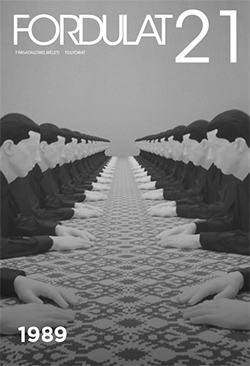
This article rethinks 1989 – the year commonly treated as a milestone of regime change. As contrary to this narrow view, and with the aim of laying out the conceptual foundations of possible future research projects, we give a short overview of the way Hungary became incorporated into the capitalist world system and of the key global, economic, and geopolitical factors that influenced its dependent development. For this we present a historically sensitive, global political economic narrative within which we pay special attention to the way public debt had been accumulated and how this, in turn, shaped Hungary’s position within the world system. After our analysis of the regime change we continue with an overview of the main structural dynamics of the last two decades. Finally, through two short case studies, we show how our perspective can throw new light on the political ideologies and economic policies of the era. The accumulation of state debt was not a Hungarian specificity: instead, we argue that it was rather a result of the global restructuring process and of its concomitant effect of decreasing national state-sovereignty. In the following manner, we also argue that the emergence of debates (which were central in evaluating the regime change, revolving around issues like „democracy” vs. „dictatorship” or „planning” vs. „market”) can be better understood within our global, historical, and political economic analytical framework. In the long run we identify two economic development strategies – namely, the strategy of liberalization and the strategy of protectionism – both structured around the, nonetheless entirely unfulfilled, hope of overcoming Hungary’s semi-peripheral position by „catching up” to its Western neighbors. These strategies then can be analyzed on the base of how they relate to global cycles of accumulation; how their shifts were influenced by changes in the world system; and, in turn, how these strategies organized both various elite projects shaped by global cyclical dynamics and the interpretations about our historically unfolding dependent position.
More...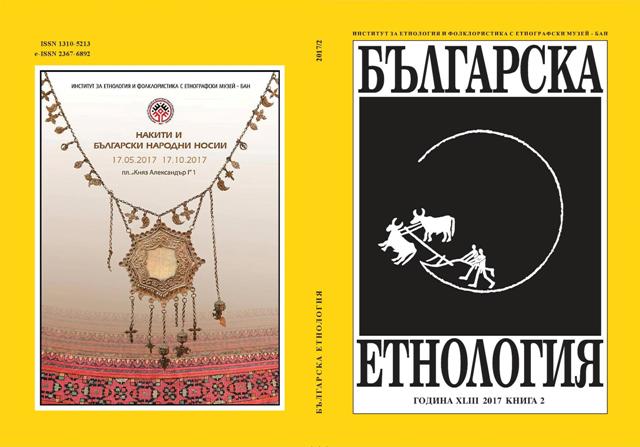
In the last years, the “Roma topic” attracts an increasing interest and takes a fopemost place in the public sphere of united Europe; hence, the Roma policies become a significant challenge on national and European level. Before analyzing the contemporary political discourses about the integration and the social inclusion of Roma, however, it is obligatory to know very well the previously existing state policies toward the Gypsies from the time of their arrival in Europe in the Middle Ages until today. Since a great number of the Roma population continues to live in the countries of Eastern Europe, the policies of the states which formed the “socialist camp” after World War II are very important. The analysis of the existing main political discourses about the Gypsies/Roma (and mostly of their results) should be the basis for the analysis of the contemporary national and European discourses about the Roma policies. Based on this, the achievements and the failures of those policies may find explanation and some prognoses about their results (or the lack of such) could be made.
More...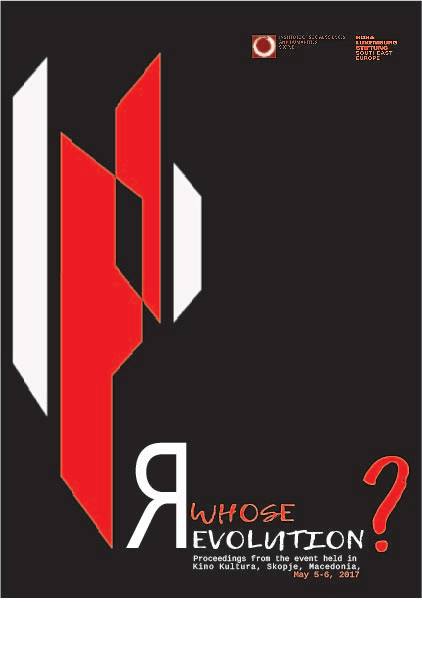

This volume, edited by Eszmélet (Consciousness) is a collection of writings that seek to find a new role for the anti-capitalist cause in the Hungarian left since the regime change. The collection covers documents on the social and political experience of the capitalist transition, and debates amongst the contributors of the journal on that pieces of experience. The closing chapter is an evaluation of the workers’ council activity in 1956. The message of the volume can be summarized as the historical perspective of communal initiatives like the workers’ council in the revolution of 1956. The initiatives were beyond their own historical perspectives and carry more universal teachings that should be applied to the more recent crises-prone times.
More...
Zajednica nije prost zbir svojih članova, već je biće više vrste, te se sreća zajednice ne postiže ugađanjem njenim sastavnim delovima, već služenjem ovih zajednici u čijoj sreći jedino i oni mogu naći svoju. Ko stane na drugo gledište, taj prvo razori zajednicu, a posle propadaju njeni članovi. Čovek po pravilu izbegava trud. Prima ga kao nuždu, kao nevolju. On po pravilu izbegava i opasnost. Prima je isto tako kao i trud. Cela priroda, i mrtva i živa, vlada se isto tako kao i prosečni čovek: ide linijom manjeg i najanjeg otpora. Samo sveci i junaci pobeđuju zakon inercije u sebi, izlaze ispod njegove vlasti. Zato su samo oni izuzeci. Prosečni čovek, dakle, građenje i uspinjanje prima samo kao ono što se izbeći ne može, kao nuždu, kao prinudu, inače ih izbegava. Ako kuću svoju ne pokrije kapaće mu za vratom, padaće mu u postelju voda. To ga prinuđava da se potrudi i namuči, ali da kuću pokrije. Očigledne, nepovoljne posledeice njegove lenosti stoje, dakle, kao prinuda i nagone ga da se potvrdui i namuči.
More...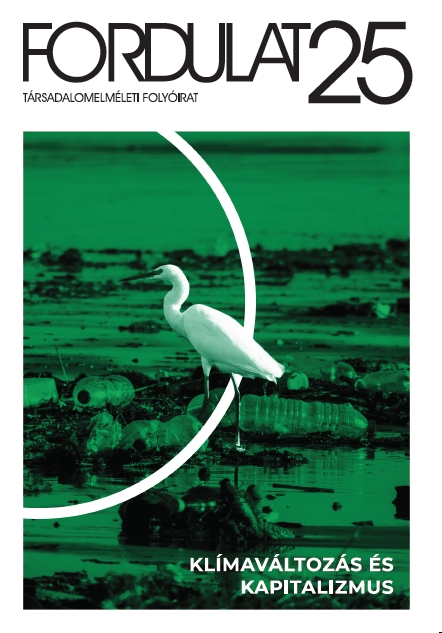
This essay employs contemporary peasant mobilizing discourses and practices to evaluate the terms in which we understand agrarian movements today, through an exercise of historical specification. First, it considers why the terms of the original agrarian question no longer apply to agrarian change today. The shift in the terms corresponds to the movement from the late‐nineteenth century and twentieth century, when states were the organizing principle of political‐economy, to the twenty‐first century, when capital has become the organizing principle. Second, and related, agrarian mobilizations are viewed here as barometers of contemporary political‐economic relations. In politicizing the socio‐ecological crisis of neoliberalism, they problematize extant categories of political and sociological analysis, re‐centring agriculture and food as key to democratic and sustainable relations of social production.
More...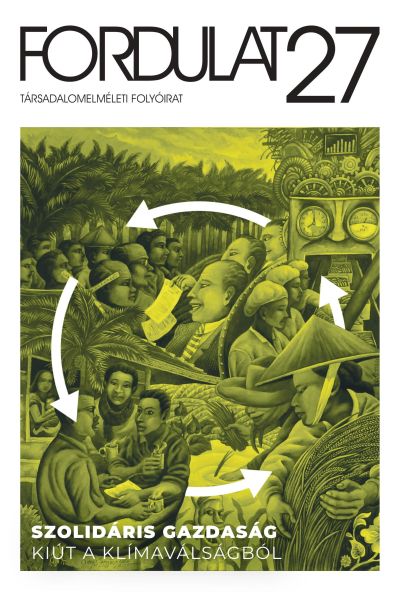
The 27th issue of the Fordulat maps the possibilities of a social-solidarity economy with a special focus on the Eastern European post-socialist conditions.
More...
In face of the global economic and climate crisis, a growing consensus of green, feminist and left movements converges around the idea of a reproductive, democratic economy. This article reviews the specific new models that have gained currency in recent discussions due to support by new Western movements, and then places these models in global and Hungarian contexts. First, it shows how new streams of thinking about reproductive autonomy in economy fit into a long-term tradition of critical thought on capitalism - and particularly, the tradition of critical research and strategic organizing that conceived capitalism not only in its relation to wage labor, but in terms of long chains of accumulation that reach from wage labor to various forms of informal, free and bonded labor, and “cheap” nature. Then, the article shows how system-level contradictions between capital’s limited accommodation capacity and labor’s reproduction have played out in the long crisis of the postwar global cycle starting from the 1970’s. It shows how labor’s capacity to reproduce itself outside of capitalist relations has served both as a puffer and a resource for maintaining relations of accumulation despite a decline in accommodation capacity, and as a new ground for anti-capitalist political organizing. The last part of the article looks at Hungary. It reviews the main shifts through which reproductive labor has been incorporated into accumulation streams throughout the history of modernization, and how growing areas of informal reproductive labor have been part of the social negotiation of the global crisis since the 1970’s locally. The article concludes that informal reproductive labor works as a systemic component in today’s accumulation regime. On the one hand, this shows its power - without the bottom-up subsidies informal reproductive labor provides to capital, systemic structures of accumulation would collapse. On the other hand, this shows that the capacities of reproductive labor are subordinated to accumulation streams. The question of solidarity economy, from this perspective, is how this existing capacity for reproduction can be organized in such a way that connects its power in growing reproductive circuits, and shields them from extraction.
More...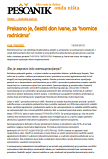
Ekonomska kriza i val radničkog nezadovoljstva potakli su prisjećanje na samoupravni socijalizam. I uvijek dobronamjerni don Ivan Grubišić je prosvjednicima Jadrankamena preporučio da u javnost iziđu s mitskom parolom tvornice radnicima. Prekasno je, čestiti don Ivane. Ne mogu se nesporazumi ispravljati novim nesporazumima.
More...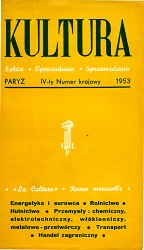
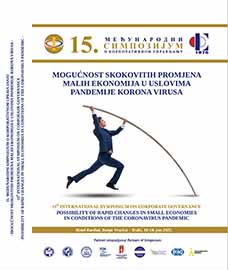
POSSIBILITY OF RAPID CHANGES IN SMALL ECONOMIES IN CONDITIONS OF THE CORONAVIRUS PANDEMIC
More...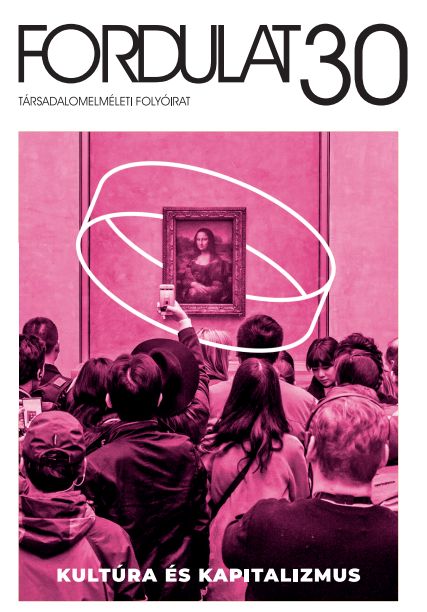
Our study demonstrates that the analysis of culture should be embedded into the history of capitalism. Through this understanding of culture's materiality, we highlight that culture is not only a spiritual but also a materially embedded phenomenon. We argue that this analysis is also essential to outline culture's role in a post-capitalist world.Our study offers four perspectives to analyze the diverse, often indirect, relationship between culture and capitalism. We show how the diversity of culture is more than heterogeneity but rather part of class conflicts and struggles. By examining the cultural institutions, our paper points out that they play a crucial role in the reproduction of the laborforce. It also points out that global and nation-state-led cultural production are not contradictory but entangled phenomena. Finally, our paper emphasizes that the relationship between culture and capitalism cannot be understood as abstract laws but must also always consider the social trajectories of professional cultural producers, who are a central but often invisible dark matter.
More...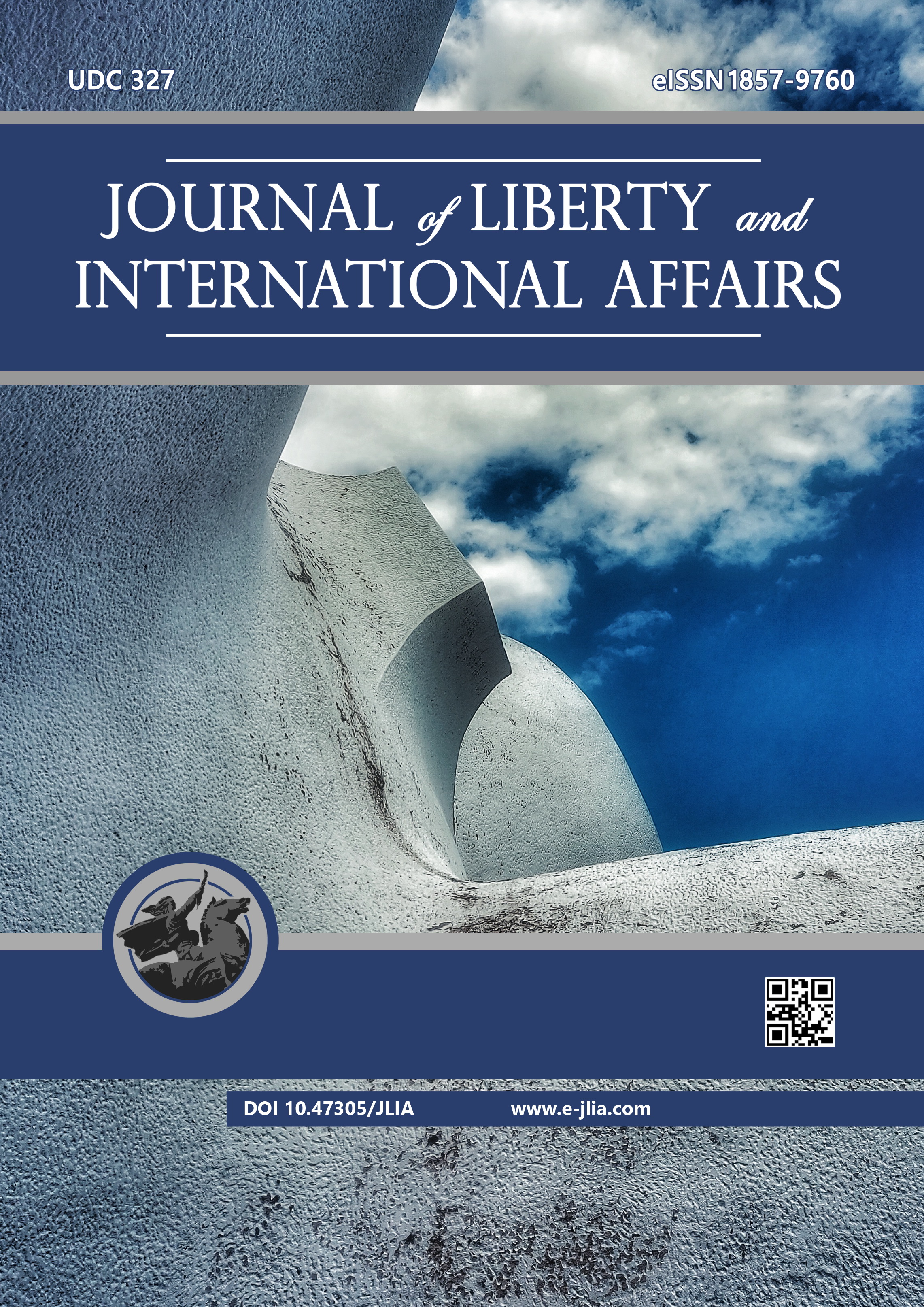
The ‘soft power’ can be brought forward and achieved for any developing country through softer means. Advertising (both direct and indirect approach) is a powerful tool for disseminating information to various stakeholders concerning the MSME sector. To introspect the potentiality of India’s MSME’s emerging power, the researchers attempted to answer the different components that shaped Indian industrialization over the years and also analyzed the direct and indirect audio-visual advertisements created on MSMEs to encourage entrepreneurial activities throughout the nation. The observation indicates that direct and indirect advertisements that promote and encourage the growth of entrepreneurship have their advantages and disadvantages; however, direct advertisements are proven to be preferred over indirect advertisements, while the reason behind it can be the dilution of concept or the prominence of commercialization.
More...
The third decade of the 21st century has witnessed more tensions, instabilities, and new alliances in the Indo-Pacific/Asia-Pacific region due to intensifying rivalry and strategic competition between the US Indo-Pacific Strategy (IPS) and China’s Belt and Road Initiative (BRI), two grand strategies of the US and China respectively. This article aims to assess the Rules-Based International Order (RBIO) and comprehend Biden’s IPS, particularly exploring how the Indo-Pacific Economic Framework (IPEF) may impact China’s BRI. This paper argues that RBIO is debatable and not universal. It is also argued that while the IPEF unveiled by President Biden represents a strategically important step forward, a long-term US genuine commitment to its implementation to counter China’s BRI is essential. The methodology of this research is primarily based on secondary literature and official documents. This study concludes that although China is reluctant to pay too much attention to the US IPEF in its official statements, China is concerned about this economic initiative. The paper also concludes that because of the intense US-China rivalry, new alliances will emerge in the region leading to a new cold war or new world order.
More...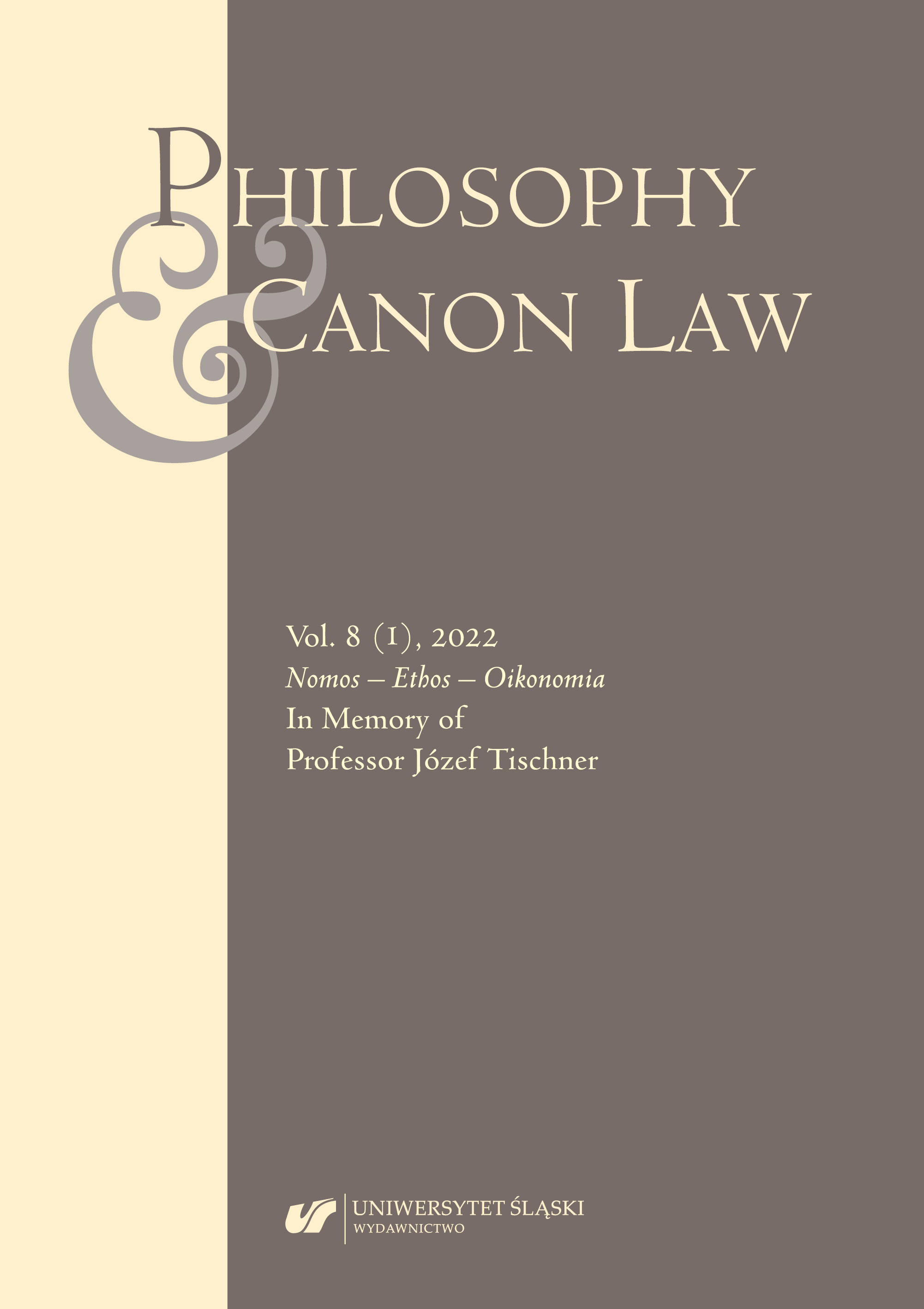
The present article examines Józef Tischner’s idea of upbringing (wychowanie) in establishing the new awareness of solidarity among the Polish workers and people through an awakening to conscience. The present moment served as a revolutionary alternative to socialism. I look at Tischner’s critique of Marxism and the central issue surrounding base and superstructure. Then I turn to his recovery of the Polish tradition of ethical ideals, especially in the person of Maximilian Kolbe and John Paul II. The text provides a detailed analysis of the chapter on upbringing in The Spirit of Solidarity. Tischner’s notion that upbringing is a personal bond established in trust to live in hope for improvement in mind and heart is placed in the context of the solidarity as a social bond establishing an ethical community transcending the political quest for power and the need to find an enemy. The text analyzes the various counterfeit forms of education in order to deepen our awareness of the meaning of authentic upbringing. Salient points of his teaching are discussed in conclusion.
More...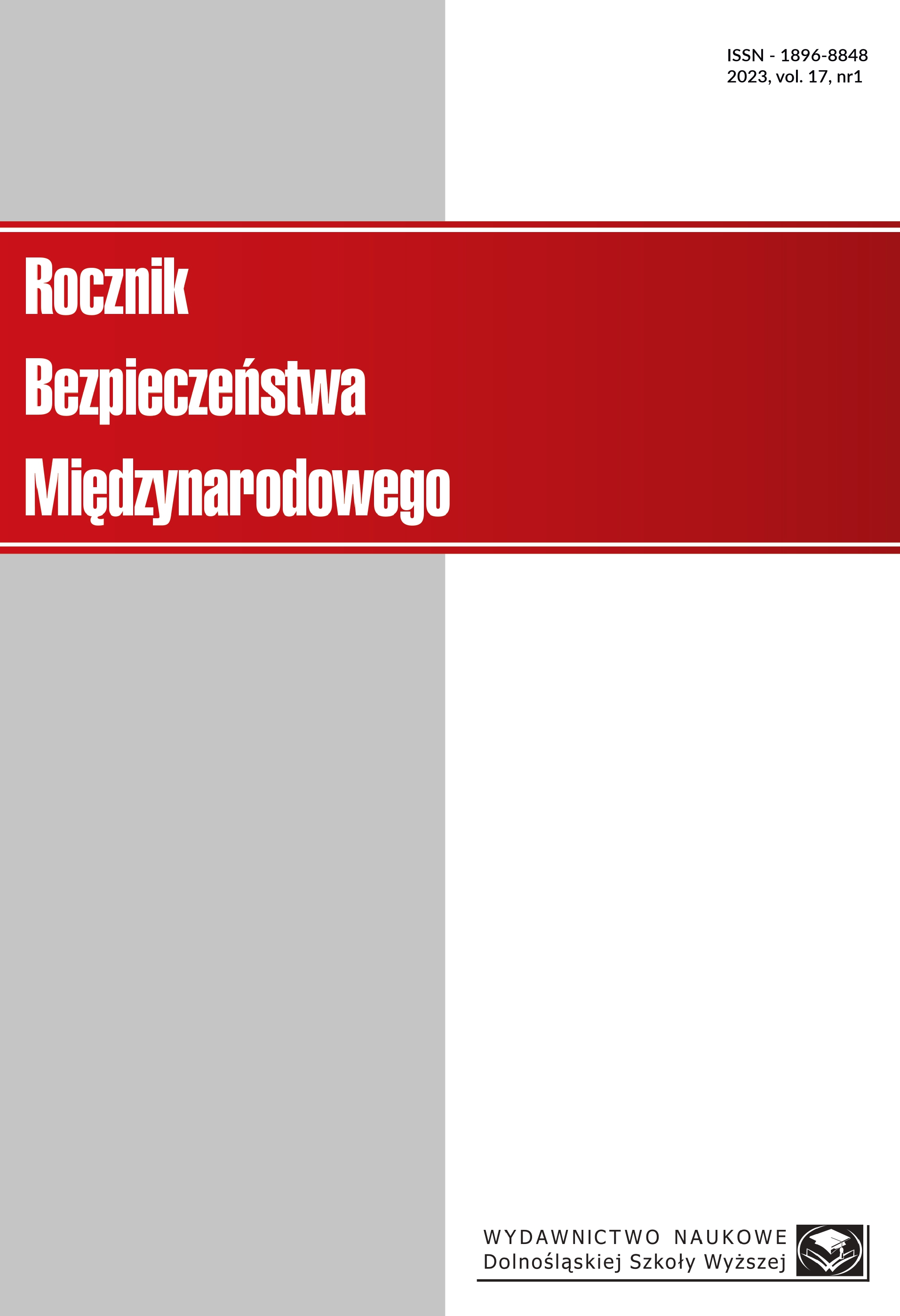
The late 1990s, when censorship was introduced in China, was a watershed moment for many Chinese companies. At that time, as many Western applications became banned in China, Chinese entrepreneurs began to develop their products at a much faster pace. An example is Tencent company which launched the WeChat application, which revolutionized the E-commerce market in China within just a few years. Chinese E-commerce differs from the Western Internet markets by the characteristics of consumer behavior, shopping platforms, or brands, which is a new co-creation model among consumers and brands. The given research paper presents a fragment of the results of own research conducted among the entrepreneurs and individuals who use the WeChat application for business or/and private purposes in China. The aim of the following study is to present the Chinese E-commerce market, and the difference between the Western and Chinese customer approaches in the example of the WeChat application. The research method used is a WeChat application case study in China. The source of the work is an analysis of the literature query in the field of E-commerce, analysis of the statistical data, and primary data, i.e., a fragment of the results of the pilot own research.
More...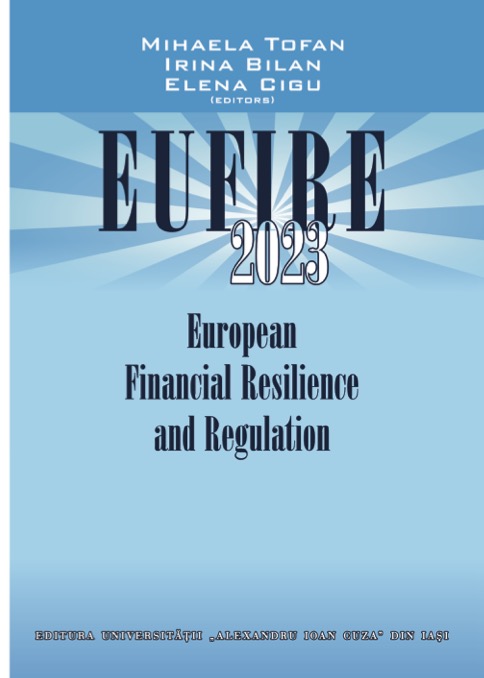
The book aims to offer the framework for the main challenges faced within European Union and globally, emphasizing the regulatory perspective for the financial sector in particular, and also for the business sector, in general.
More...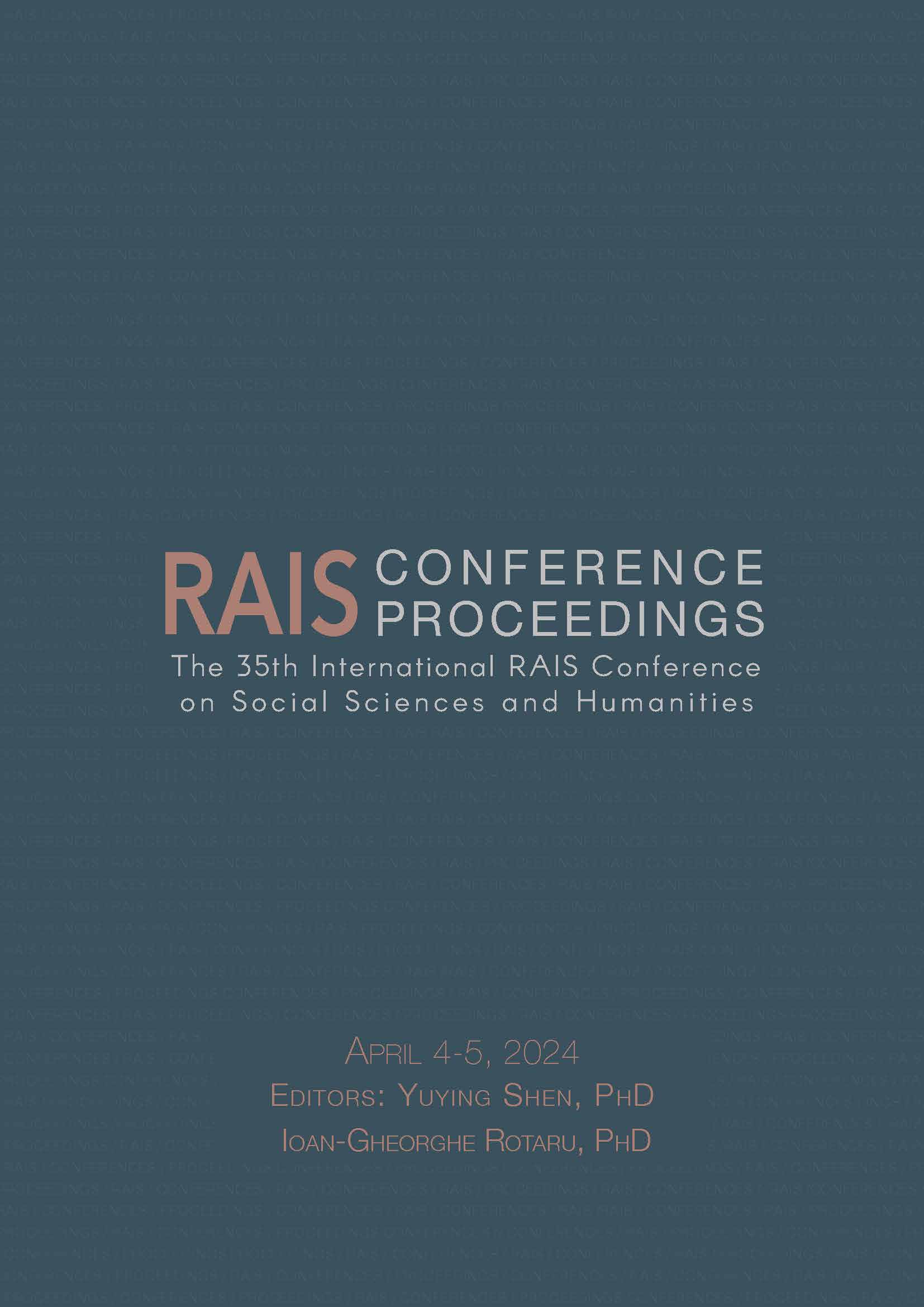
This publication presents the proceedings of the 35th International RAIS Conference on Social Sciences and Humanities held at American University in Washington DC, USA, on April 4-5,2024.
More...